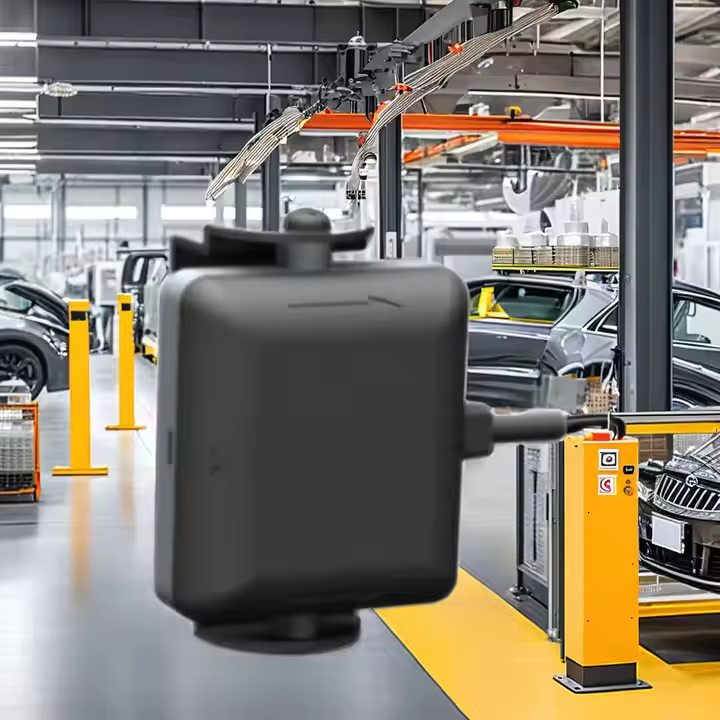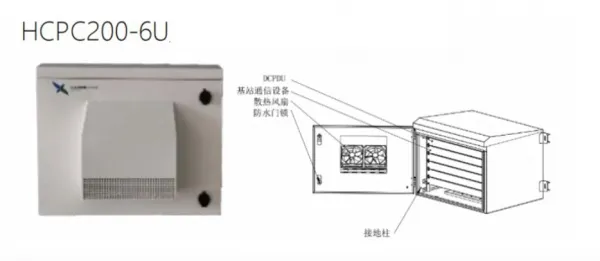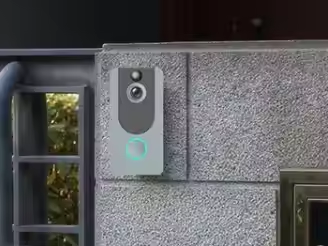home electric battery storage
Home electric battery storage systems represent a revolutionary advancement in residential energy management, offering homeowners the ability to store and manage electricity efficiently. These systems consist of high-capacity lithium-ion batteries that can store excess energy generated from solar panels or during off-peak grid periods. The technology employs sophisticated power electronics and smart management systems to regulate charging and discharging cycles, ensuring optimal performance and longevity. Modern home battery systems typically range from 5kWh to 15kWh capacity, capable of powering essential household appliances during outages or peak demand periods. The systems integrate seamlessly with existing electrical infrastructure and can be monitored through user-friendly mobile applications, providing real-time data on energy consumption, storage levels, and system performance. Advanced features include automated switching between power sources, intelligent load management, and the ability to participate in virtual power plant networks. These systems can be scaled according to household needs and often include safety features such as thermal management, overcharge protection, and emergency shutdown capabilities. The technology continues to evolve with improvements in energy density, charging efficiency, and overall system durability.


